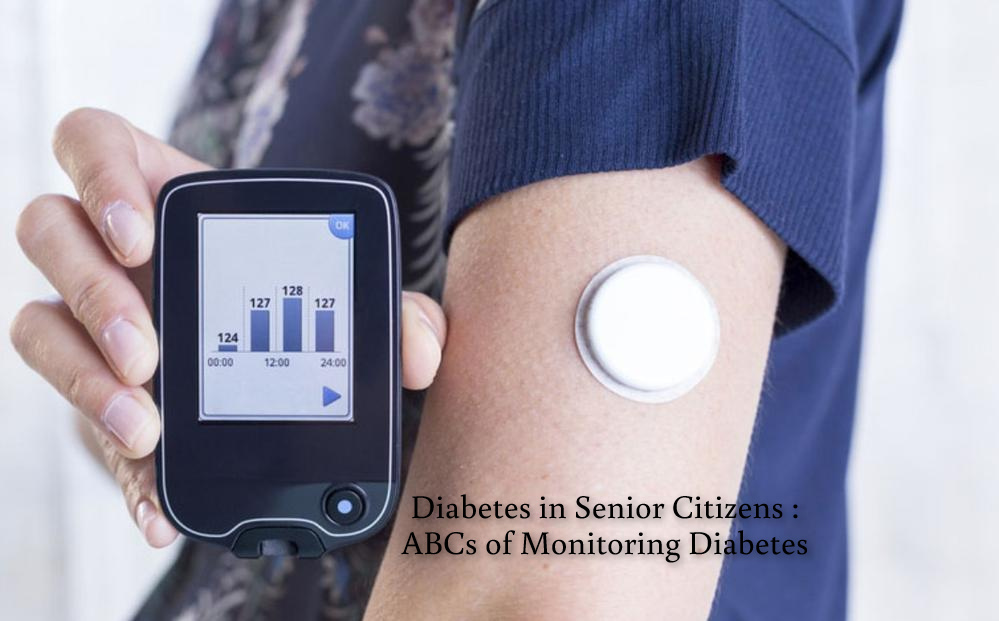ABCs of Monitoring Diabetes :
People with diabetes are at especially high risk for developing heart disease and stroke. Because of this, it is very important to monitor your diabetes using your "ABCs."
A. A1C or average blood glucose
B. Blood pressure
C. Cholesterol
The A1C (A-one-C) test is a good measure of what your blood glucose level is most of the time. A test result lower than 7 is positive sign that your diabetes is under control. A test result that is greater than 7 means that blood glucose levels are too high. If your A1C is too high, take action. Talk with your doctor about changing your treatment plan and lifestyle to reach your goal. Lowering your A1C to a healthy level, will help you avoid the complications associated with diabetes such as heart disease and kidney damage.
People with diabetes are at especially high risk for developing heart disease and stroke. Because of this, it is very important to monitor your diabetes using your "ABCs."
A. A1C or average blood glucose
B. Blood pressure
C. Cholesterol
The A1C (A-one-C) test is a good measure of what your blood glucose level is most of the time. A test result lower than 7 is positive sign that your diabetes is under control. A test result that is greater than 7 means that blood glucose levels are too high. If your A1C is too high, take action. Talk with your doctor about changing your treatment plan and lifestyle to reach your goal. Lowering your A1C to a healthy level, will help you avoid the complications associated with diabetes such as heart disease and kidney damage.
High blood pressure can lead to stroke, kidney disease, and other complications. Generally people with diabetes want to keep their blood pressure less than 130/80. Have your blood pressure checked at every doctor visit. If it is too high, talk with your doctor about how you can lower it.
Cholesterol, particularly LDL cholesterol, is a fat like substance that builds up in your arteries. If your cholesterol levels are too high it causes your arteries narrow. This can lead to heart disease or a heart attack. People with diabetes should try to keep their cholesterol less than 100. Have your doctor check your cholesterol, and if it is too high talk with him or her about how to reach your cholesterol goal.
Cholesterol, particularly LDL cholesterol, is a fat like substance that builds up in your arteries. If your cholesterol levels are too high it causes your arteries narrow. This can lead to heart disease or a heart attack. People with diabetes should try to keep their cholesterol less than 100. Have your doctor check your cholesterol, and if it is too high talk with him or her about how to reach your cholesterol goal.
👉 Introduction : Diabetes in Senior Citizens
👉 Risk Factors and Prevention
👉 Symptoms and Diagnosis
👉 Treatment
👉 Treatment and Research - Diet and Exercise
👉 Medication
👉 Self-Monitoring
👉 ABCs of Monitoring Diabetes
👉 Foot and Skin Care
👉 Risk Factors and Prevention
👉 Symptoms and Diagnosis
👉 Treatment
👉 Treatment and Research - Diet and Exercise
👉 Medication
👉 Self-Monitoring
👉 ABCs of Monitoring Diabetes
👉 Foot and Skin Care
































No comments:
Post a Comment